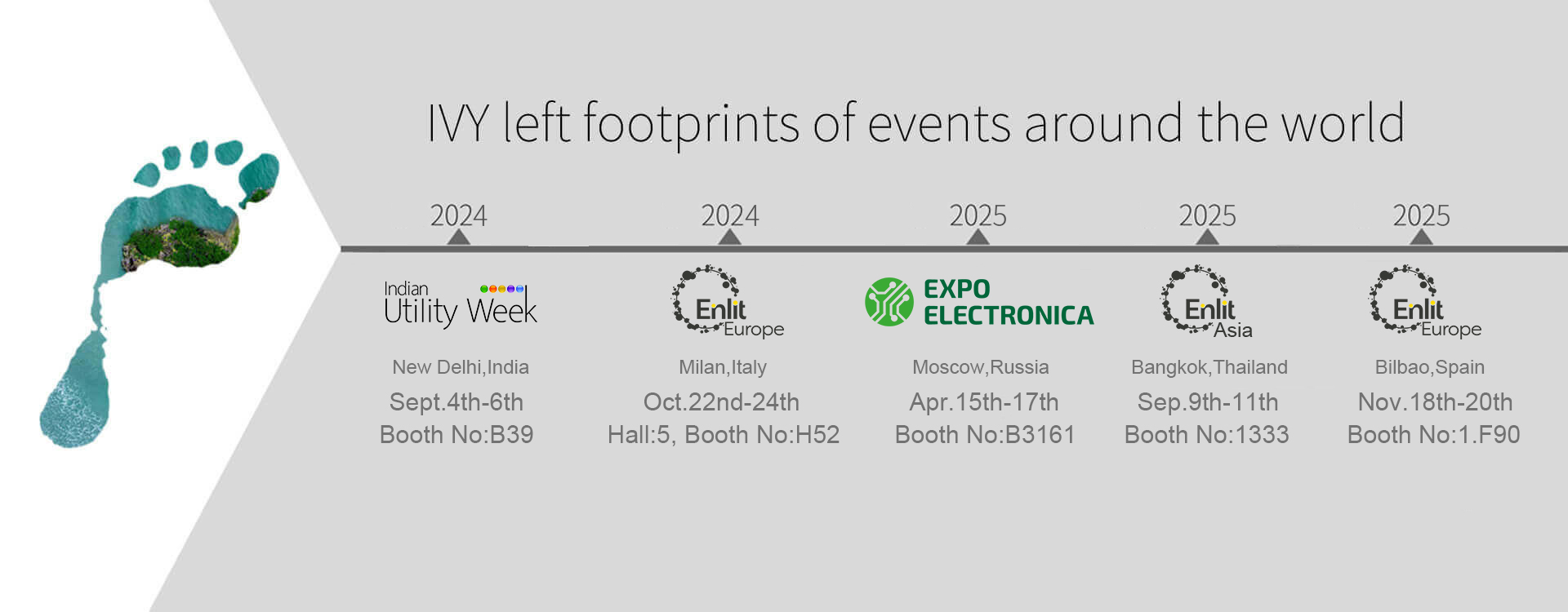The Popularization of Power Module
A power supply module is a power supply device that can be directly soldered and attached to a printed circuit board to provide power conversion for integrated circuits, processors, memory, digital or analog circuit loads.This type of power supply module is also known as load point power supply system (POL) or use point power supply system (PUPS).Due to its high efficiency, low power consumption, small size and integrated module structure, the power module is widely used in meter instrument, solar energy charging, automotive electronics, mobile communications, switching equipment, access equipment and other scenarios.
The following is an overview of several important points about the power supply modules:
I. Power Management Integrated Circuits:
Power Management Integrated Circuits is a chip that performs the functions of Power conversion, distribution, detection, and other Power Management functions in an electronic equipment system.Mainly responsible for identifying the POWER supply amplitude of CPU, generating the corresponding short moment wave, and driving the power output of the rear stage circuit.Therefore, the development of power management chip is very important to improve the performance of the whole machine.
II. Two common types of power modules:
Generally, the power supply module is divided into AC-DC power module and DC-DC power module.AC/DC transformation is to convert alternating current into direct current, and the power flow can be bidirectional in the process, in which the power flow from the power supply to the load is called "rectification", and the power flow from the load back to the power supply is called "active inverter".DC/DC conversion is the conversion of a variable DC voltage into a fixed DC voltage, also known as DC chopper.
III. Several indexes of power module:
1. Input voltage, divided into AC input and DC input;
2. Output voltage, generally dc output (because DC is more efficient and stable);
3. Output power, that is, the product of output voltage and output current;
4. Conversion efficiency. The higher this index is, the lower the energy consumption ratio of the power module during its own operation.
IV. Notes for power supply module selection:
1. Whether the power supply module has protection functions such as overcurrent, short circuit, overtemperature, automatic recovery, etc;
2. Whether the input and output isolation voltages meet the requirements;
3. Select the appropriate package size, generally needle pin THD, SMD, spiral;
4. Whether the power supply module has certain ability to resist lightning surge and electromagnetic interference (EMI).
In the future, power supply modules are expected to be smaller, more efficient, and more resistant to electromagnetic interference. For more information about IVY's power supply modules, please visit www.ivy-metering.com and look forward to www.ivy-electronics.com for more information.












